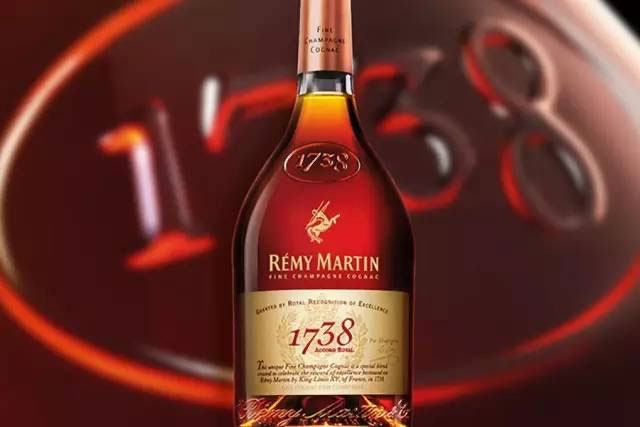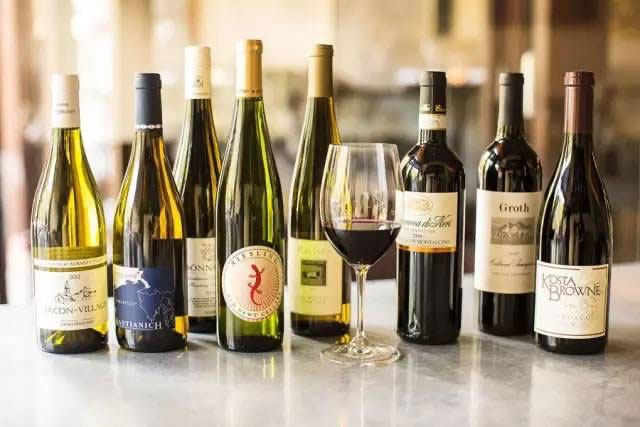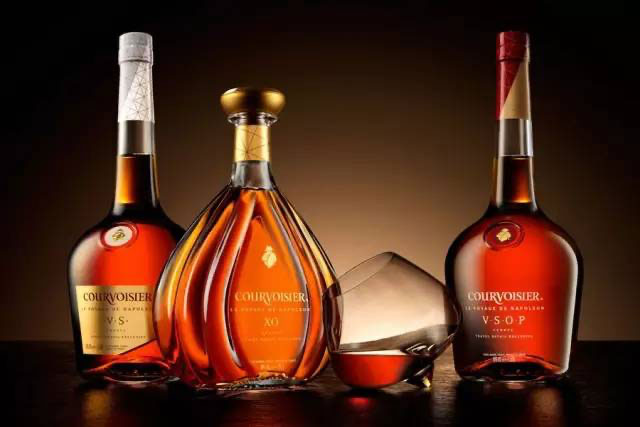Cognac, Brandy, and Wine are alcoholic beverages that drinkers often come into contact with. The names of these three seem to be inextricable, but in fact they are inextricably linked. However, many novices are always confused about the relationship between these three. So what is the relationship between cognac and brandy? Is it a type of wine? And what is "eau-de-vie" that is often said in cognac?
1. Not all brandy is called cognac
For many laymen, cognac and brandy are almost equal. Before understanding the difference between the two, let's take a look at the definition of brandy.
In fact, brandy is a distilled wine that can be brewed and distilled from any fermentable fruit (even pomace) including grapes. Common brandies are: cognac, Armagnac, apple brandy and Cherry brandy etc.
Cognac has strict production regulations. To become a cognac, it must come from a French cognac producing area, must be made with legal grapes, and distilled twice in a copper pot still, and then aged in French oak barrels for 2 years or more. Follow other corresponding production regulations, so that the brandy obtained can be called Cognac.
In other words, Cognac is only one of many brandies, but it is also the most well-known kind of brandy.
2. Cognac is made from grapes, but not wine
Cognac is produced in France, a major wine country, and is also produced from grapes, so some people always classify it as a wine. In fact, wine is a typical fermented wine, while Cognac is a distilled wine. Therefore, it is clear that the two are not inclusive. So what is the relationship between cognac and wine?
In fact, the producer will first make the base wine from the grapes used to make Cognac. There is no essential difference between this base wine and wine. So the predecessor of Cognac can barely be said to be wine, but there is still a big difference between the two. Because the next brewing process is the most important point that distinguishes cognac from wine, after fermentation, the base wine of cognac is often distilled in a copper pot still. After repeated distillations, more alcoholic aromatic substances can be produced, and the alcohol content of the obtained cognac will be significantly higher than that of wine (the alcohol content of cognac can generally reach 40% when it is finally bottled). Subsequently, the cognac is aged in oak barrels for a period of 2 years or more. Although some wines are also aged in oak barrels, the wines often have some aroma substances from the raw materials and fermentation process. Most of the flavor of cognac comes from oak barrels, so this process is extremely important for cognac.
It can be seen that although Cognac is also produced from grapes, it is very different from wine.
3. what does "eau-de-vie" mean?
When it comes to cognac, people never forget to mention the term water of life. So what does "eau-de-vie" mean?
In fact, the first step in the production of cognac is to ferment the grape juice into a base wine. After the second distillation, the liquid obtained is colorless and transparent water of life. In other words, the water of life is generally not aged in oak barrels and undiluted, so the alcohol content can reach 70%. In the subsequent aging process, the water of life and the oak barrel flavor continue to merge, and the taste becomes more mellow. At this time, the blender will select the water of life from different sources for blending to obtain a harmonious and delicious cognac.


